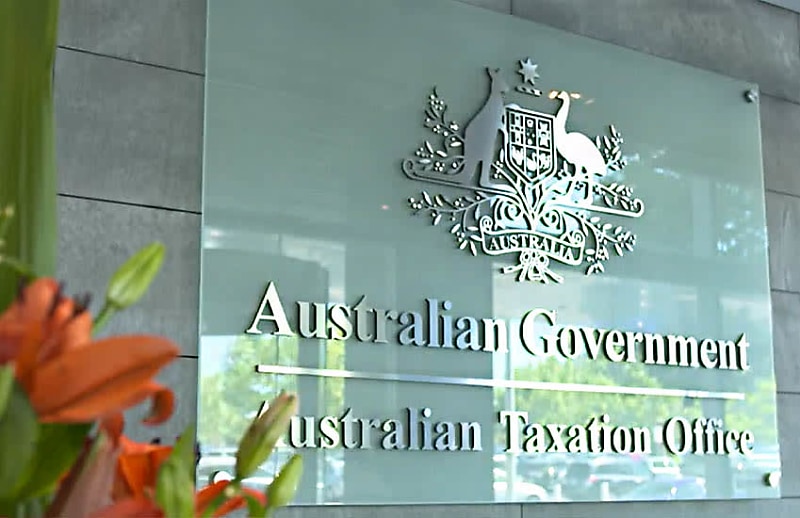In a recent update, the ATO has urged Next 5,000 groups to use its comprehensive Record keeping for business resources to ensure they meet their record-keeping requirements.
The guide has an index of core record-keeping information for different groups so they can easily find what they need and an overview of the record-keeping rules they must follow.
You’re out of free articles for this month
It also explains how to set up and manage records and invoices and outlines what records they must keep at whatever stage of the business lifecycle they're in.
"We know that most Next 5,000 taxpayers want to get tax right and meet obligations effectively. That's why we’ll continue to provide you with the information you need," the ATO said.
The ATO said groups that are part of the Next 5,000 private groups tax performance program are expected to keep up to date and accurate records of their tax returns and business activity statements.
"If you don’t, you could face lengthy and costly audits potentially denying your deductions and input tax credits," it said.
The ATO said its regular and ongoing engagement with groups reveals that basic record keeping, including the substantiation of income and expenses, is not always maintained.
For example, the 2024 Next 5,000 findings report for privately owned and wealthy groups shows that, in some cases, deductions were denied because of poor record keeping.
"Claimants couldn’t substantiate their expenses, or they couldn’t provide acceptable evidence of the linkage between expenses and income," the ATO said.
"This was especially true for related party transactions for example, where one party’s reported income was less than the deduction claimed by their associated party."
The ATO reminded businesses they are required to keep records of all transactions relating to their tax, superannuation and registration affairs as they start, run, change or close their business.
This includes any documents related to their business's income and expenses and any documents containing the details of any election, choice, estimate, determination or calculation made for a business's tax and super affairs, including how the estimate, determination or calculation was made.
"To meet your record-keeping requirements and avoid common errors, ensure you understand what records are needed for your business and make accurate and complete record-keeping practices a part of your daily business activities," it said.
"As your business changes or grows, you may need to review what records you need to keep."
Miranda Brownlee
AUTHOR
Miranda Brownlee is the deputy editor of SMSF Adviser, which is the leading source of news, strategy and educational content for professionals working in the SMSF sector.
Since joining the team in 2014, Miranda has been responsible for breaking some of the biggest superannuation stories in Australia, and has reported extensively on technical strategy and legislative updates.
Miranda also has broad business and financial services reporting experience, having written for titles including Investor Daily, ifa and Accountants Daily.

 Login
Login







